
Liverpool News
Third round of group-buying scheme for solar panels launched across Liverpool City Region
1 year ago
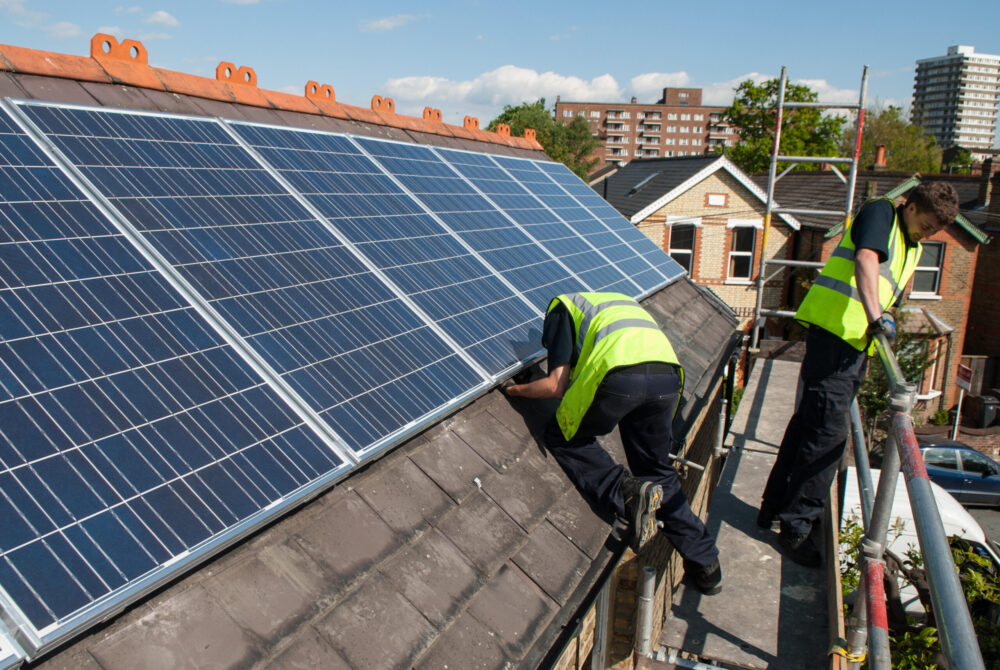
Many more homes across the Liverpool City Region are set to be fitted with energy-saving solar panels and battery storage and electric vehicle (EV) charging points with the repeat of a successful money-saving, group-buying scheme.
More than 700 households have benefitted from the first two rounds of the scheme across the Liverpool City Region, which saw 7,500 solar panels fitted, which will reduce carbon emissions by 13,000 tonnes over 25 years, the equivalent of taking 7,250 cars off the road for a year.
During the last two rounds of the Solar Together scheme in the city region, the costs for a typical 14-panel solar array were, on average, 33% and 37% less than the market price.
Solar Together helps homeowners feel confident that they are paying the right price for a high-quality installation from qualified installers.
Liverpool City Region residents can join the group-buying scheme, which offers solar panels with optional battery storage and EV charge points, as well as retrofit battery storage for residents who have already invested in solar panels and are looking to get more from the renewable energy they generate. The scheme allows homeowners to increase their independence from the national grid.
It’s free to register here, and there is no obligation to go ahead with an installation. Local councils in the Liverpool City Region are working in partnership with iChoosr, experts in sustainable energy transition, to make the transition to clean energy as cost-effective and hassle-free as possible.
Cllr Graham Morgan, Liverpool City Region Cabinet Member for Housing and Regeneration, said:
“Solar panels allow people to cut their energy bills and to do their bit for the environment but the process can sometimes feel complicated and finding a trustworthy contractor might feel daunting to some residents.
“Solar Together helps to address those concerns and give residents a simpler way to make the leap, and the take-up so far across the city region over the first two rounds shows that many have now taken that step.
Cllr Anthony Burns, Liverpool City Region Cabinet Member for Net Zero, said:
“We have already made a huge investment in retrofitting homes to make them more energy efficient but our ambitious target of being net zero carbon by 2035 means we will need to halve our total energy use as a city region over the next decade.
“Solar energy can be a major factor in this and every house and business that can produce its own energy takes us one step closer to our target.”
How does it work?
● Householders can register online to become part of the group for free and without obligation.
● Approved UK solar PV suppliers participate in a reverse auction. They are able to offer competitive pricing as the volume and geographic concentration makes it possible for them to realise greater efficiencies, which they pass on with lower prices for installations.
● After the auction, registered households will be emailed a personal recommendation which is specific to the details they submitted in their registration.
● If they choose to accept their recommendation, the specifics of their installation will be confirmed with a technical survey after which a date can be set for the installation of their solar PV system.
● Telephone and email helpdesks are on-hand throughout the whole process which, together with information sessions, will allow households to make an informed decision in a safe and hassle-free environment.
iChoosr has been collaborating with UK councils since 2015 on its Solar Together scheme, aiming to accelerate the energy transition nationwide. The initiative aims to encourage residents to partake in the collective purchase of solar PV and battery storage systems. To date, Solar Together has installed 7,500 solar panels in Liverpool City Regionl, reducing carbon emissions by 13,000 tonnes over 25 years – equivalent to taking 7,250 cars off the road for a year.
iChoosr’s schemes have been delivered in partnership with local authorities in five countries. More than 180 schemes have led to 178,000 residents installing solar PV systems.



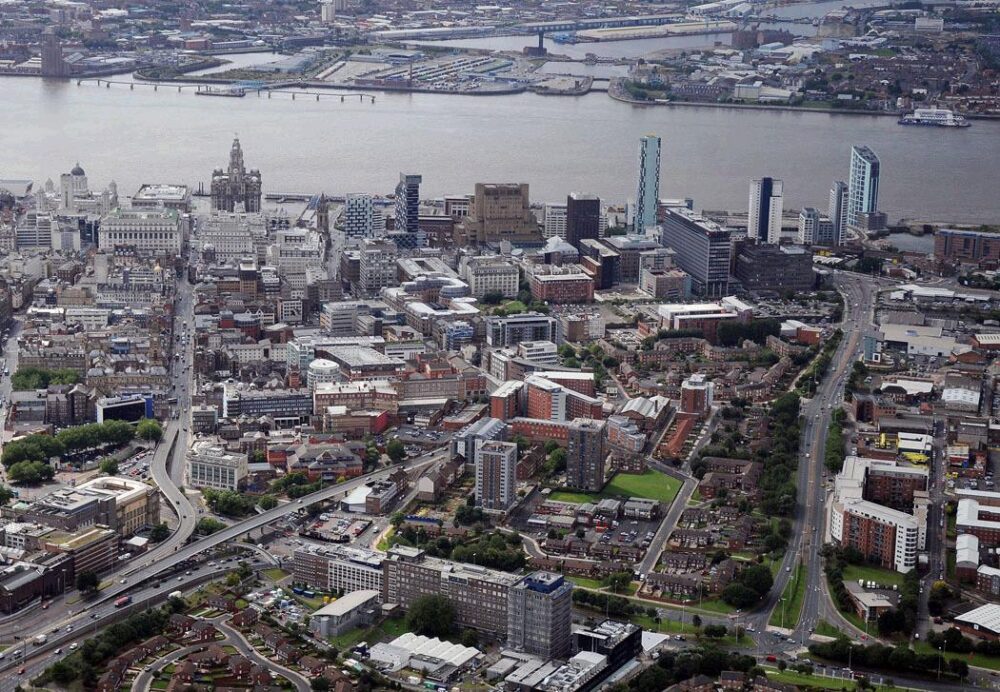

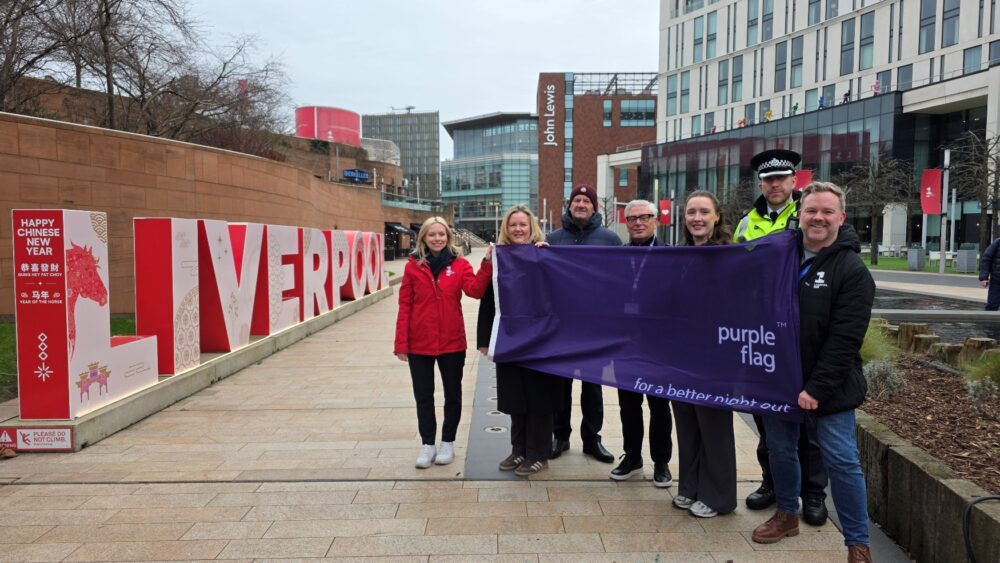
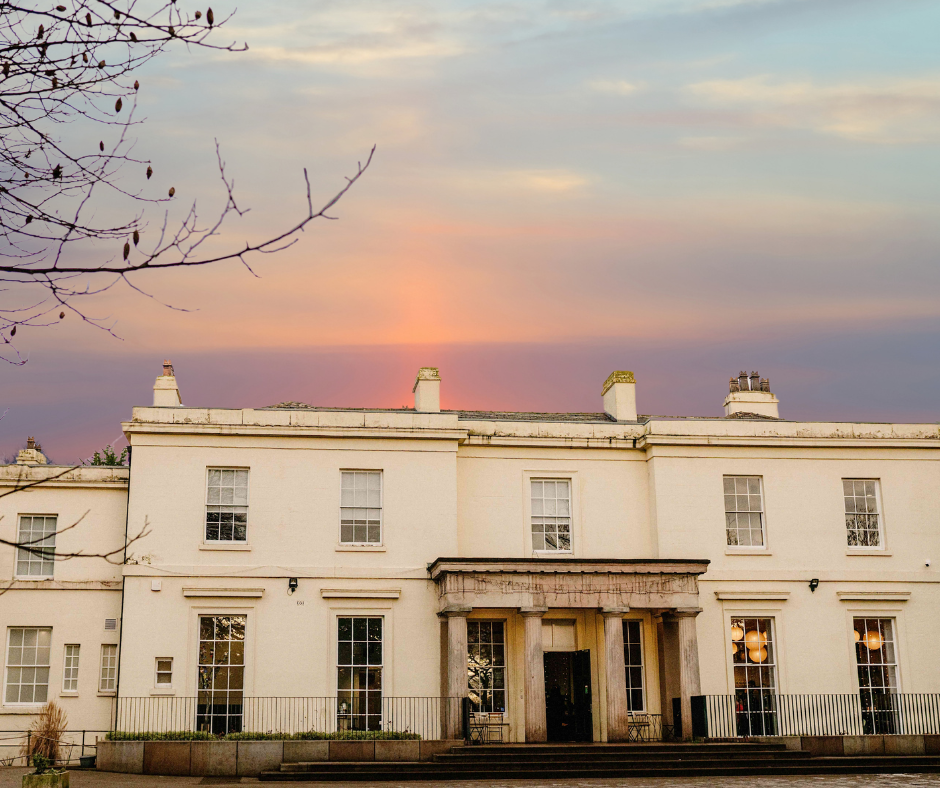
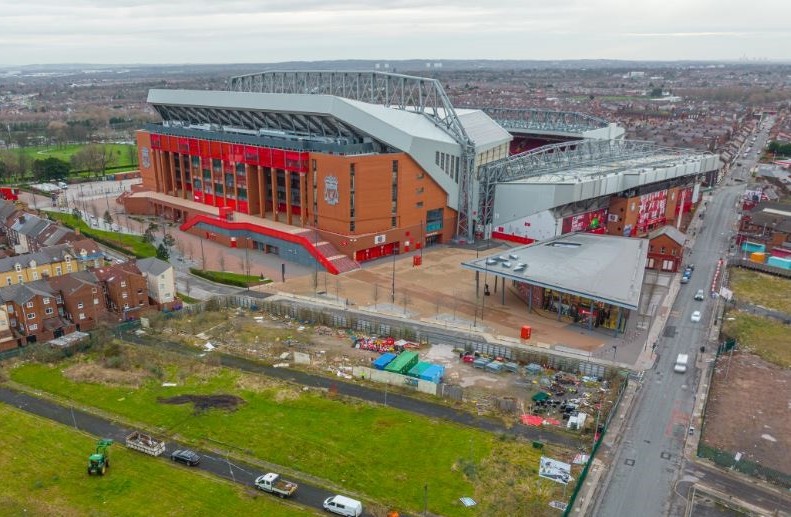
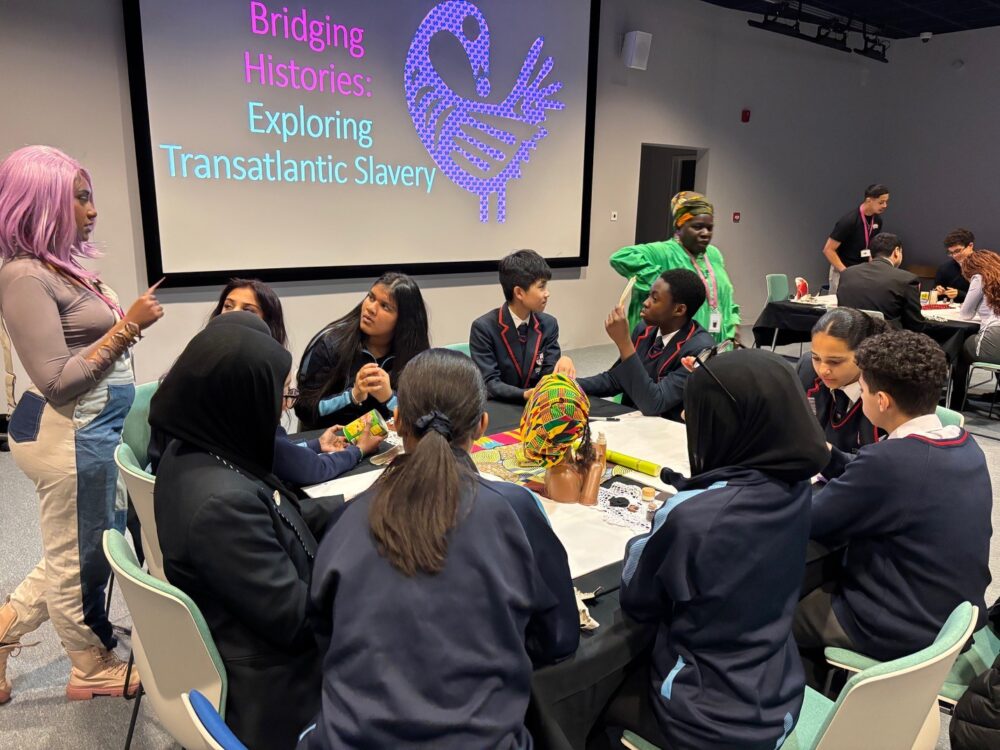
 Subscribe
Subscribe Follow Us
Follow Us Follow Us
Follow Us Follow Us
Follow Us Follow Us
Follow Us Follow Us
Follow Us











